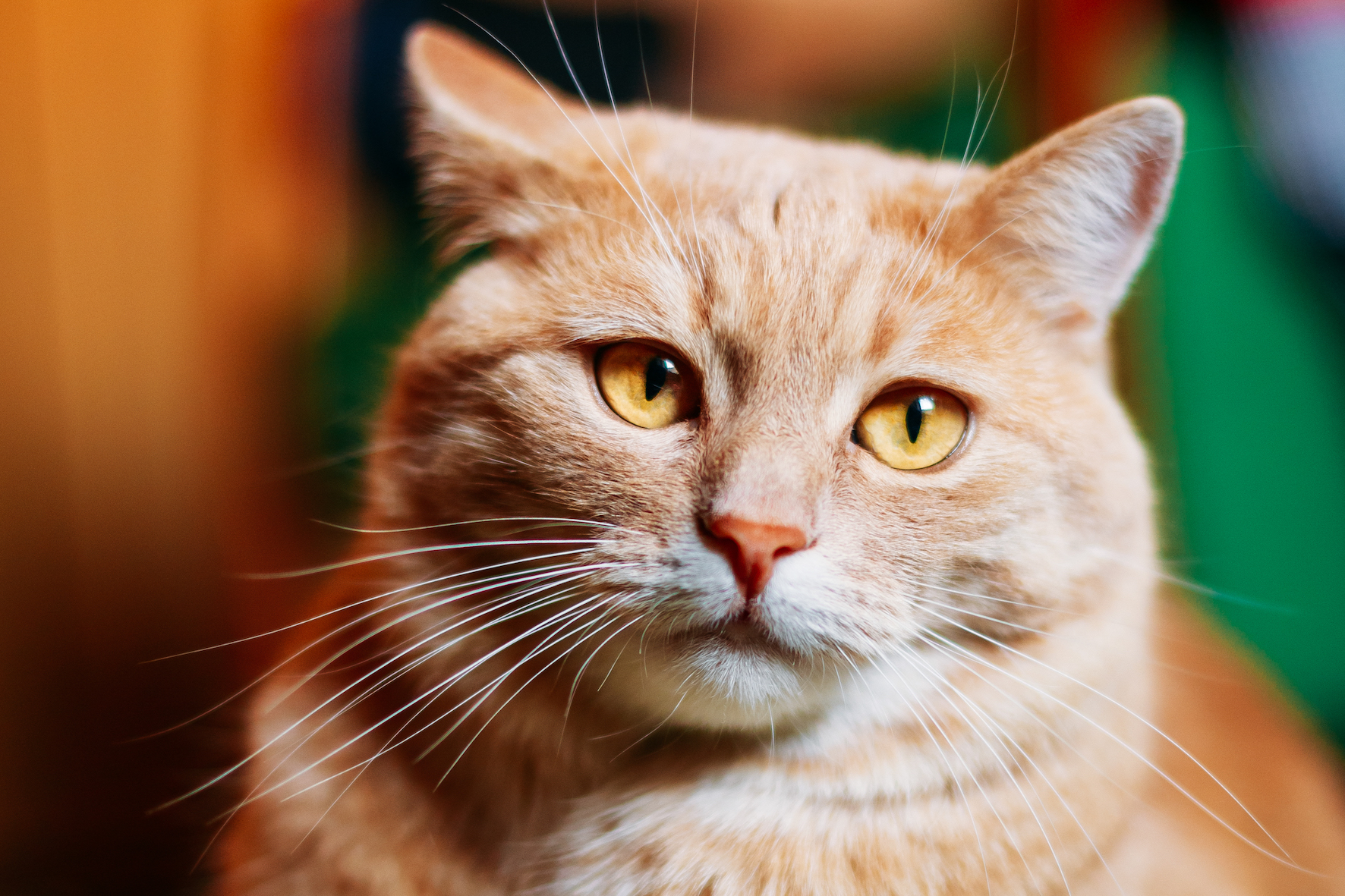Obesity in a cat is usually defined as a cat who weighs 15-20% more than it should. While the complete extent of how obesity damages a cat's health in still unknown, it is recognized that an obese cat is more likely to be at risk of health issues...

These health problems range from diabetes, stroke, heart disease, respiratory problems, constipation, arthritis, feline urological syndrome and more. Obese cats may also have a shortened lifespan, and a compromised quality of life.
While there can be other, hidden causes (which is why the veterinary exam is important), obesity in cats is usually caused by the cat simply consuming more calories that it is burning off. The answer to this problem is usually a combination of decreased caloric intake and increased exercise. If you simply feed the cat less it may become miserable, and in turn you may then become miserable, so a balanced, well thought out change in your special cat's lifestyle is usually the answer most satisfactory for everyone involved.
Feed your cat a well balanced diet and keep food treats nonexistent or to a minimum. We all love to treat our cats, but consider food alternatives such as grasses you can grow on your windowsill for your cat. Also, of course, your special cat needs exercise. When your cat is young it will often initiate its own playtime, thereby usually getting plenty of exercise, but as it ages you may have to take the initiative. Good luck with this, I have never known a cat who would submit to anything initiated by a human.

